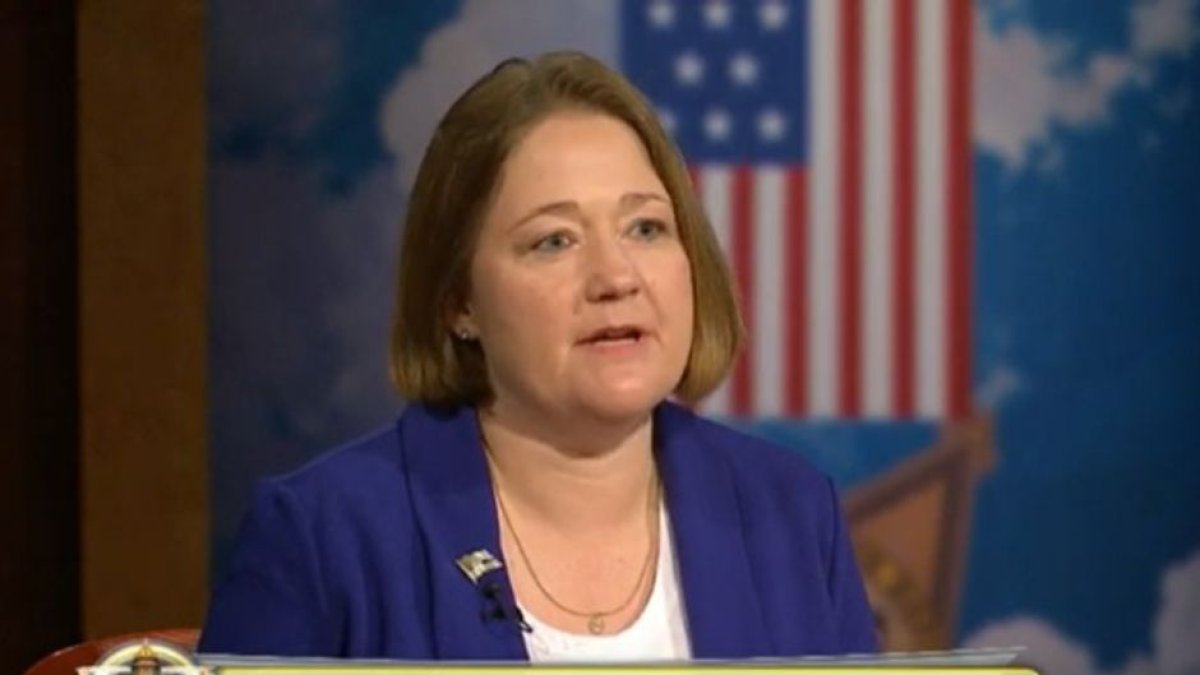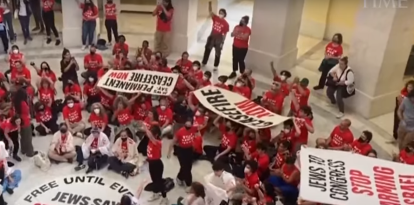Attorneys general from 23 states demand that two large companies distance themselves from “de-banking” conservatives
Officials expressed “deep concern” about the way ESG policies are being prioritized, which “undermines the freedom” of Americans.

Brenna Bird / Youtube -
More than two dozen Republican state attorneys general have joined together to urge two influential consulting firms to reconsider their support for what they describe as efforts to “de-bank” conservative clients.
Twenty-three prosecutors signed a letter written by Iowa Republican Attorney General Brenna Bird, which was addressed to Institutional Shareholder Services, Inc. (ISS) and Glass, Lewis & Co., two companies that control 97% of the referral market of shareholders on corporate matters. In the letter, prosecutors expressed their “deep concern” about these firms' prioritization of Environmental, Social and Governance ( ESG) policies, which restrict services based on political or religious beliefs.
“Politicized debanking harms businesses and their shareholders and undermines the freedom of every American to participate in the marketplace on equal footing,” says the letter signed by prosecutors from Florida, Indiana, Montana, Alaska, Kansas, Louisiana and Texas. The letter also warns that politically motivated voting recommendations from ISS and Glass Lewis may be violating their legal obligations and urges both companies to treat all shareholders fairly.
Likewise, prosecutors noted that these firms cite “hate speech” or “reputational risk” as reasons for supporting the de-banking of organizations or individuals.
ADF shares data collected from de-banking
Conservative legal advocacy group Alliance Defending Freedom (ADF) applauded the prosecutors’ initiative and shared details about de-banking cases.
“These firms support a vast majority of left-of-center, pro-ESG shareholder proposals and effectively block proposals from conservative shareholders seeking to hold companies accountable for the anti-free speech and anti-religious behavior that ESG demands,” said Jeremy Tedesco, ADF senior vice president of corporate engagement.
According to Tedesco, de-banking often occurs in suspicious circumstances, affecting even clients who have maintained banking relationships for many years. An example would be the accounts that banned from the Christian nonprofit Indigenous Advance in April. The bank simply said that it chose “not to serve” the type of business the organization was operating, as shared by Fox News.

























